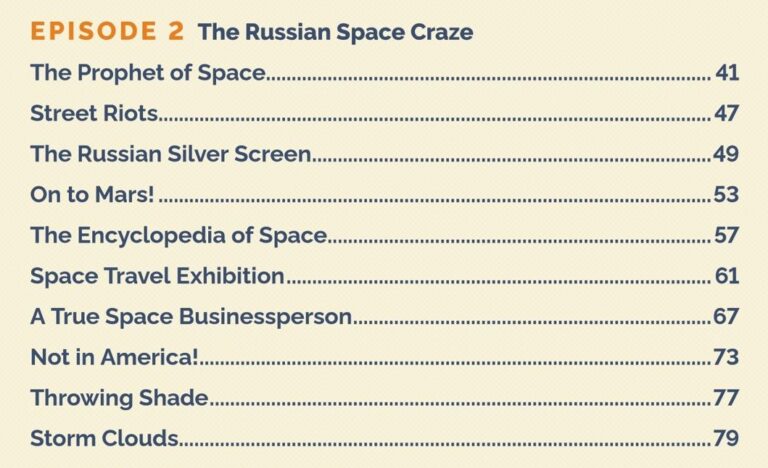The Story




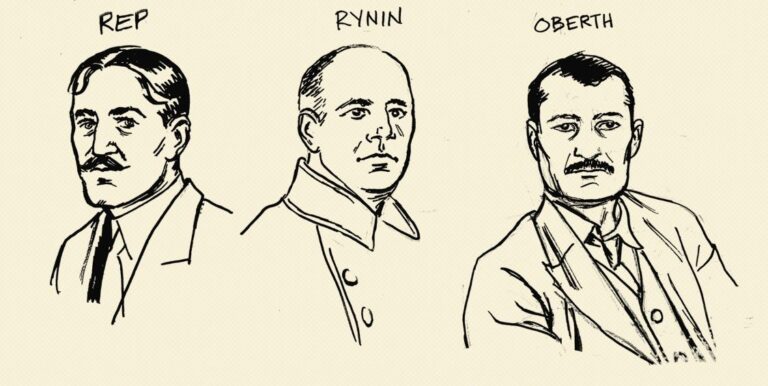
Contents

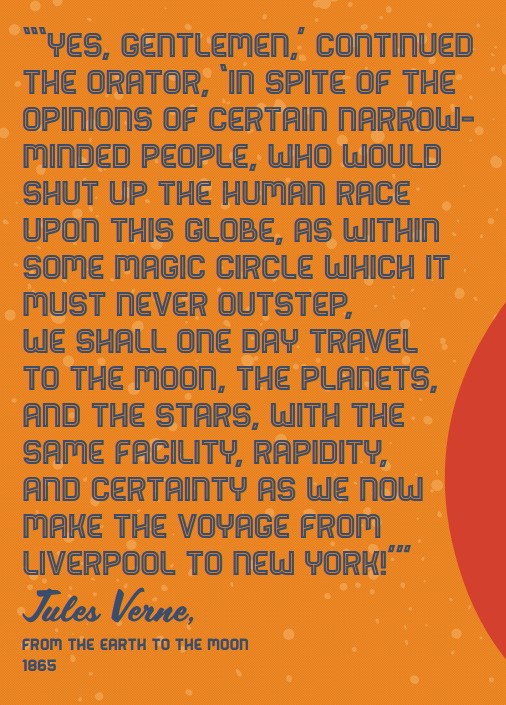
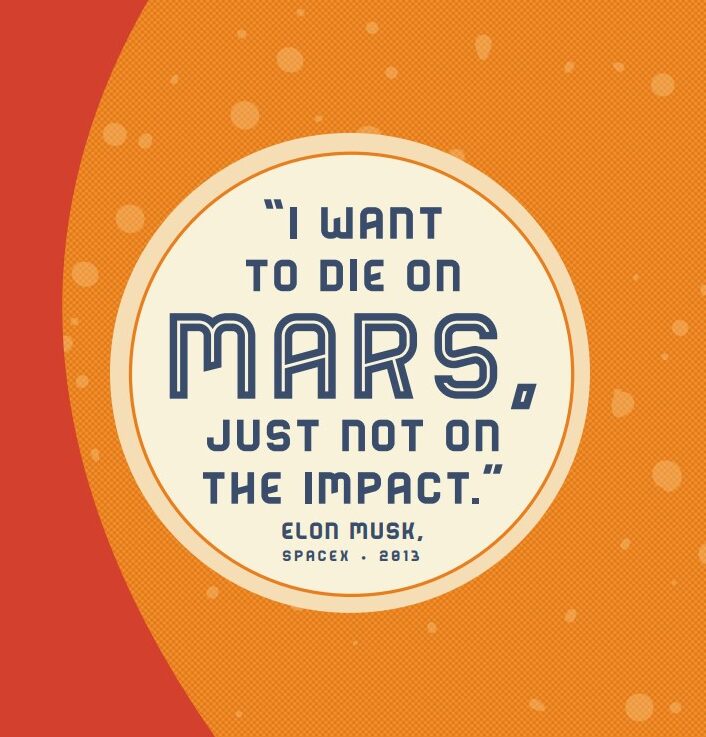
Introduction
On the morning of July 16, 1969, the crew of NASA’s Apollo 11 blasted off on the journey that would—at long last—take humans to the surface of the Moon. Among the millions watching, none had done more to realize this epic journey than one Wernher Magnus Maximilian Freiherr von Braun, the first director of NASA’s Marshall Space Flight Center in Huntsville, Alabama. The realization of humans at long last walking on the lunar surface launched von Braun into the rarefied atmosphere of celebrated American icon, one who reflected the can-do spirit of so many immigrant visionaries. But still, von Braun was not satisfied. At liftoff of the giant rocket, von Braun, watching from the Mission Control room, blurted out “give me $10 billion and I’ll get a man to Mars.”
The path that took von Braun to the Apollo 11 Mission Control room has often been hidden, ignored, celebrated or reviled. But it is the history of the rocket travel’s journey in the 20th century and says much about the forces tugging at our exploration of space, never more so than today, as we seek to live and work not just on the Moon but on Mars as well.
Wernher von Braun was a visionary who eagerly worked with both John F. Kennedy and Adolf Hitler to implement his dreams of rocket travel. He was also a pragmatist who willingly developed the first wartime missiles because he understood the same technology could be used to take humanity into space.
Thus, the unholy alliance between the rocket pioneers and national governments was born. Von Braun was not alone. In Russia, Sergei Korolev and Valentin Glushko found themselves dealing with Stalin and later Soviet premier Nikita Khrushchev. So too the Chinese rocket/missile pioneer Qian Xuesen with both American and Chinese leaders.
American, Chinese and Russian leaders funded the development of the huge rockets of the nuclear age that also allowed space visionaries to develop civilian programs that fulfilled our timeless dreams of space travel.
Each side used the other.
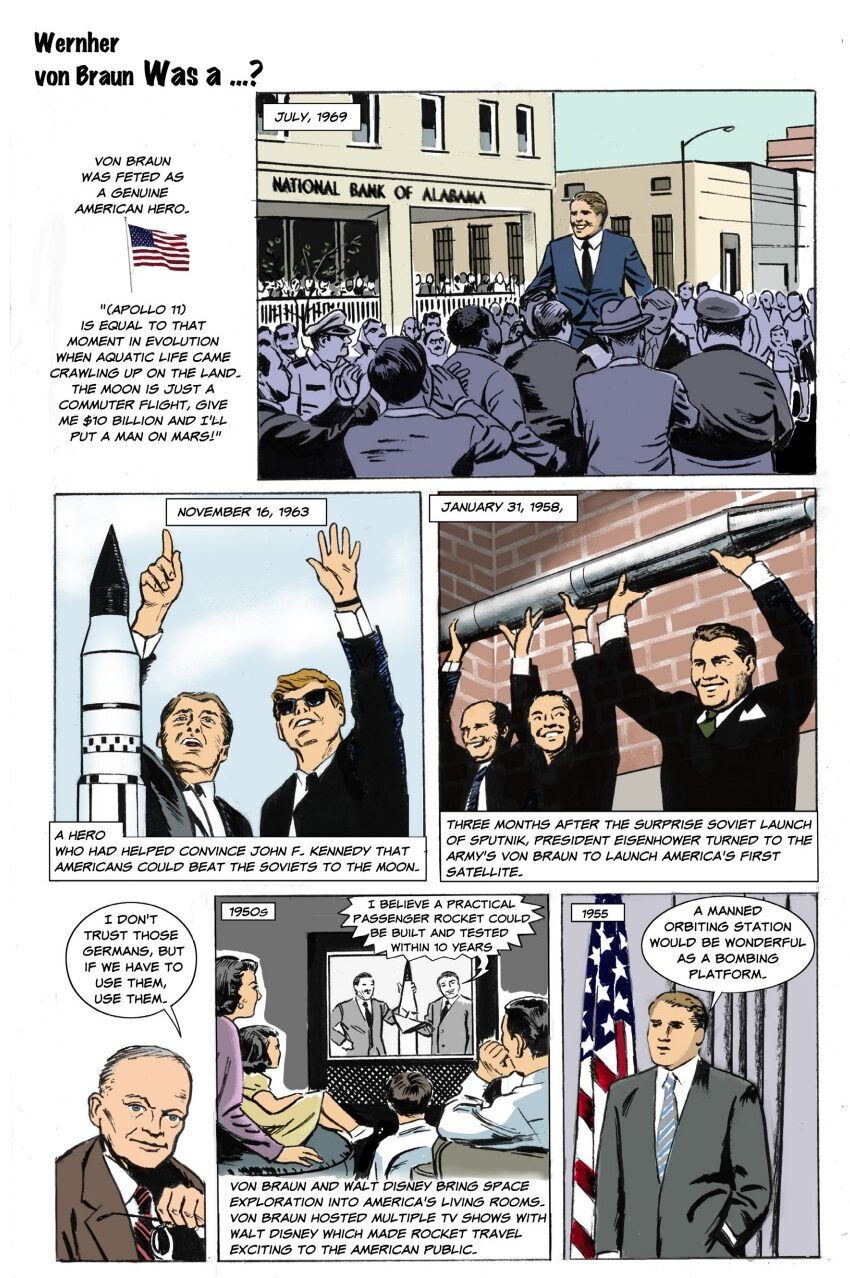


But at what price was this dependency on government funding for rocket travel?
The great innovations of the 20th century were all driven by entrepreneurs, whether for automobiles, trains or airplanes, or more recently, computers, the internet, biopharma or robotics. All these entrepreneurs worked closely with their governments, but the innovation was driven by the private sector. The result was efficiency in costs and agility in innovation, with governments as customers, not operators of the new technologies.
Why was rocket travel treated differently—with a total reliance on public funding and the whims of politicians?
Even today space remains unique. NASA runs the American space program. There is the European Space Agency, Australian Space Agency, Russian Space Agency, UAE Space Agency. All technically advanced countries now have a space agency.
Why?
No industry has a dedicated government agency for a single market effort except for space. There is no internet agency, no automobile agency, no plane agency, no biopharmaceutical or robotics agency. Do we really need a space agency? Why?
Think about how different space travel would be today if rocket development had remained commercial like all other emerging industries. By now we would have colonies on the Moon and explorers on Mars. A dozen space stations would be manufacturing high-quality medicine and materials for use on Earth or serving as hotels for those seeking the ultimate journey.
Von Braun and many of the other pioneers took what was offered to realize the timeless dream to travel beyond Earth. By doing so, they made space exploration a uniquely governmental program from which we are only just emerging.
What should we do next? What is the right mix of government support for space exploration?
These are really important questions that will determine how we live and work on the Moon and on Mars. But these questions can only best be answered once we know the surprising story of how the rocket pioneers launched humanity into the space frontier.
Let’s start at the beginning and let the story guide us far into the future. Episode 1 and 2 is the story of the beginning of space travel. That magical time in the 1920s when German and Russian visionaries brought engineers and mathematicians together with artists and investors and university dropouts to create the first communities of realistic space visionaries—which led to governments jumping into rocket travel
which lead to the development of The First Rocket
that led to space agencies being formed
that led to the race to the Moon
that led to the exploration exhaustion after America was first to the Moon
that led to today’s vibrant return of entrepreneurs to space exploration.
So who did kick-start the serious interest in the exploration of space before the governments were involved? It must have been von Braun and his German team, right? Or an American? Or maybe a Russian? Was the first spark from an engineer or a farsighted politician?
Nope. Nope. Nope. Nope. How about a French writer!
Or jump to Episode 1

